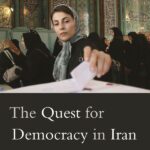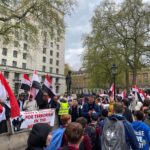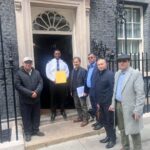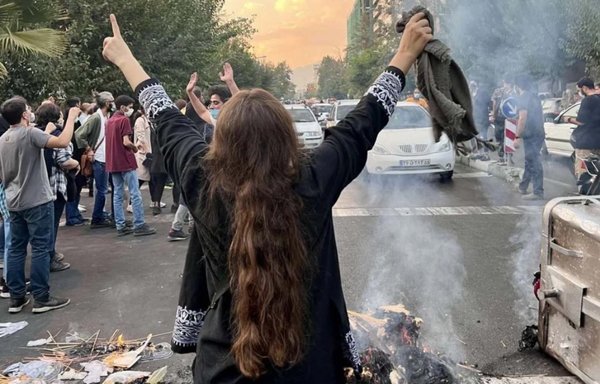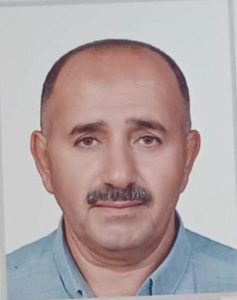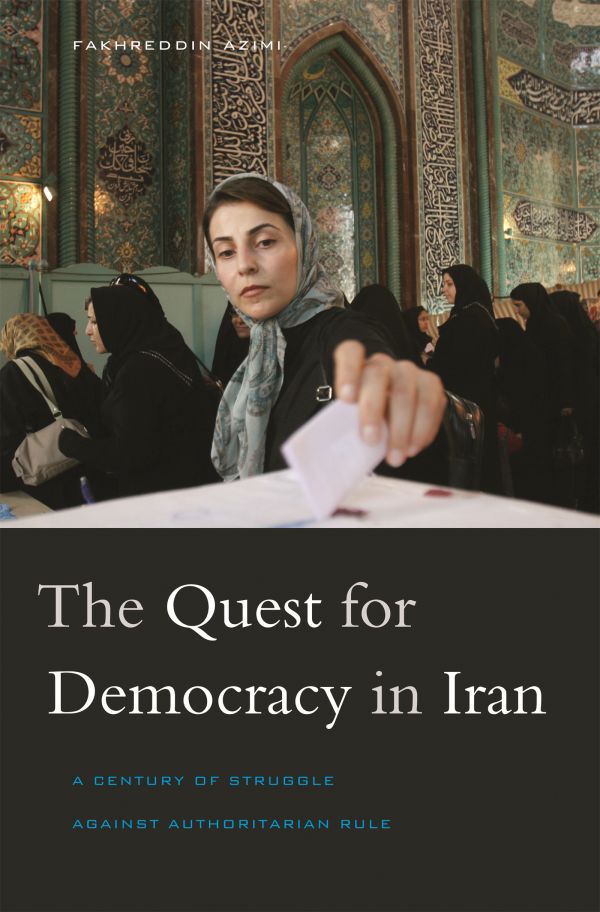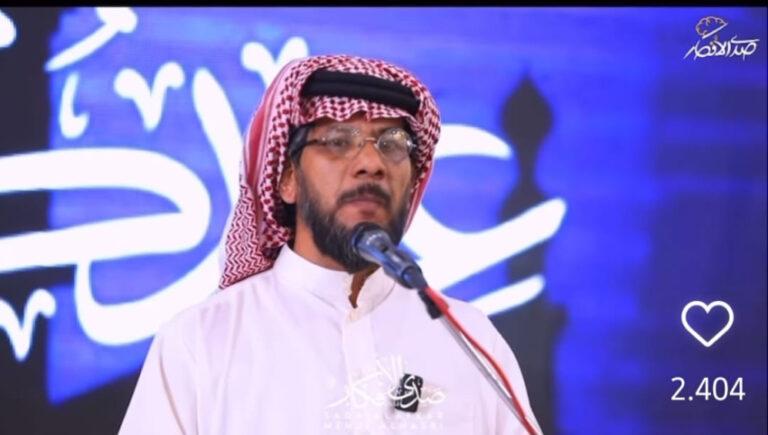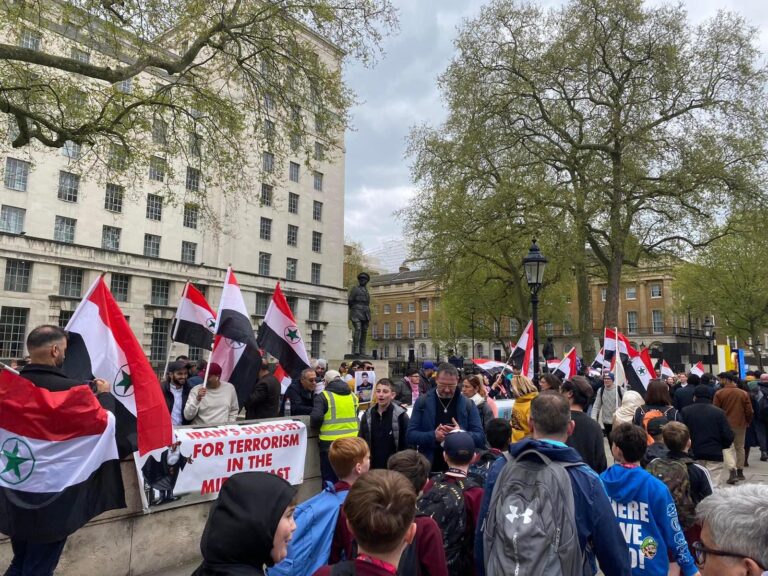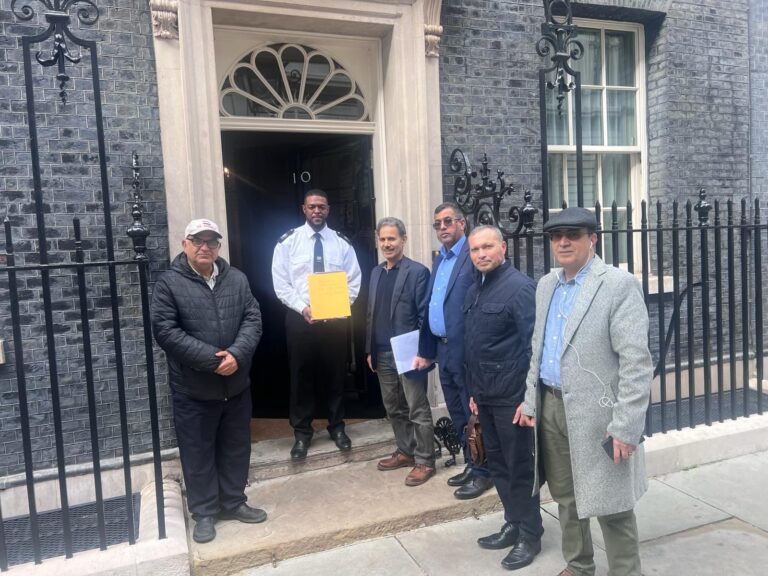In solidarity with the Iranian people and the Woman Life Freedom revolution, a protest rally was organised by Save Iran Group in Perth, Australia on Saturday 1st of April 2023.
1st of April marks the day that the results of the March 1979 Iranian Islamic Republic referendum were announced. This protest was a big NO to the Islamic Republic regime in Iran on the IRI Day of Shame.
This is the speech of Mehdi Ghatei, an Arab Ahwazi activist and one of the organisers of this rally.
Today is the anniversary day when the results of the March 1979 Iranian Islamic Republic referendum were announced! In the past 44 years, the Islamic regime deprived all the Iranian from their basic human rights, but its brutality has been doubled in relation to the minorities (including ethnic minorities, religious minorities, gender minorities and so on). In relation to the ethnic minorities, the Islamic regime has been labelling these people as separatist to normalize its brutality. Today I’d like to highlight some of the massacres and discriminations that this regime committed against the Ahwazi Arabs in Southwest of Iran. The main reason that I’d like to speak about this nation specifically is that not only they are under suppression by the Islamic regime but also most of the times their news is censored by the mainstream media and they have been tortured and executed in silence!
44 years ago, The Islamic regime committed the first massacre in my hometown Muhammarah or Khorramshahr which is called “Black Wednesday”. What was the story?
Days after the victory of the Iranian revolution, an Ahwazi delegation of 30 Arab personalities moved on to Tehran to meet with Khomeini, bringing with them 12 popular demands to be presented to the first Islamic government that was formed at that time, reminding Khomeini of his promises to grant national rights to the Ahwazi Arab people. contains the legitimate rights of the Arab people in Iran regarding self-determination while preserving the territorial integrity of the Islamic Republic of Iran.
The basic demands of the Arab people in Iran were:
1. Recognition of Arab nationalism and including it in the Iranian constitution.
2. Formation of a local parliament in the autonomous region.
3. Formation of Arab courts to solve the problems of the Arab people.
4. Recognition of Arabic as an official language in the Arab regions, while preserving Persian as the official language in Iran.
5. Teaching the Arabic language in the Arab regions while preserving the Persian language in schools and universities.
6. Establishing universities in the Arabic language in the Arab regions in order to meet the needs of the Arab people in Iran.
7. Freedom of expression, publishing, and printing books, newspapers, and radio and television programs in Arabic.
8. Priority of employment in the public and private sectors with the Arab people in Iran.
9. Allocating a sufficient amount of oil revenues for human, industrial and agricultural development and prosperity in the Arab autonomous regions.
10. Renaming cities, villages and historical neighbourhoods to the Arabic language after it was changed by the former regime.” Prior to 1925, although nominally part of Iranian territory, the area functioned for many years effectively as an autonomous emirate known as Arabistan, until Reza Khan reimposed central control by military force. Its name was changed to Khuzestan in 1936.
11. The participation of the Arab people in the army and the local police in the Arab regions, with the possibility of promoting them to higher positions in the military corps.
12. Reconsider the division of agricultural lands under the laws of the Islamic Republic, while respecting the land as the property of the person who cultivates it.
Although these demands were legitimate, Khomeini rejected those demands and the massacre began on Wednesday morning with direct orders from the Supreme Leader and leader of the revolution, Ruhollah Khomeini.
Thus, Khomeini began declaring a one-party dictatorship, and raids, arrests, and assassinations began among the Arabs, in addition to the displacement of more than 870 Arab families, to the city of Mashhad, in the north-east of the country.
Survivors of that massacre narrate that this massacre lasted for three days at the hands of the Iranian Navy, the Basij and the Revolutionary Guards, to open fire on the citizens, claiming the lives of more than 800 including women and children. Since that horrible massacre committed by Khomeini in Muhammarah, the Iranian regime has persisted in the policy of silencing the Ahwazi Arab opponents through forced arrests and a series of executions that never stopped, in addition to the policy of racial discrimination, starvation and deliberate marginalization, in a systematic manner and with sectarian and nationalist cover.
One approach was continued by Khomeini’s successor, Ali Khamenei, and he is still committing other massacres throughout the country.
Despite the Arab population remaining largely loyal to Iran during the Iran-Iraq war in the 1980s, the central government in Tehran has continued to view Arab Iranians with suspicion. Iranian Arabs claim this has led to discriminatory policies and unequal access to resources aimed at social development. Such discrimination has led to economic deprivation and frustration among Iranian Arabs, which has tended to spill over into unrest and subsequent repression.
In April 2005, Arab activists revealed a letter that was written by an advisor in the office of President Khatami in 1999. The letter, sets out policies for the reduction of the Arab population of the province of Khuzestan, including their transfer to other regions of Iran; the transfer of non-Arabs to the province; and elimination of Arab place names along with their replacement by Persian names. The unrest began on 15 April 2005 and tens of Iranian Arabs were killed, hundreds were injured and hundreds more were detained during and following the demonstrations.
According to an open letter, dated 26 April 2005, addressed to former President Khatami by Jasem Shadidzadeh, a former member of the Iran’s parliament for Khuzestan province alleged that more than 120,000 hectares of Arab lands had been confiscated for use in the government’s “Sugar Cane Development Plan”, established in the 1990s. In addition, around 47,000 hectares of Arab farmland in
the Jofir region has reportedly been confiscated under the Isargaran Agricultural Development Plan and given to non-Arabs, including the families of members of the security forces. These are just couple of examples, but the list of the land confiscation and people displacement is too long to be mentioned here. Much or all of these lands have reportedly been expropriated without consultation or adequate compensation and as such amounts to forced eviction which is prohibited under international human rights law.
In a visit to Khuzestan in July 2005, UN Special Rapporteur on Adequate Housing Miloon Kothari verified the fact that land confiscation was conducted to set up housing and industrial projects that excluded the Ahwazi Arabs. He said: “…thousands of people living with open sewers, no sanitation, no regular access to water, electricity and no gas connections… and the estimate they received was that between 200,000 – 250,000 Arab people were being displaced from their villages.”
Ethnic cleansing had been stepped up under the Ahmadinejad administration with the creation of the 155 sq km Arvand Free Zone, a military-industrial zone along the border with Iraq’s Basra province. Entire villages are being eradicated to make way for petrochemical projects. Under a government ethnic cleansing policy, 1.2 million Ahwazis were forcefully displaced to central provinces and 1.5 million non-Indigenous Persian have been resettled in government paid, resettlement towns of Ramin, 1, 2 and 3, Shirin-Shahr in Arab cities and towns of al-Ahwaz or Khuzestan.
Learning by mother tongue is a basic and acknowledged human right which is ignored by the Islamic regime and previous regimes. Ahwazi Arab students drop out of schools at 30% during elementary, 50% during secondary and 70% during high school because they are forced to study a so-called official language, a language that is not their native. Not surprisingly, this is the outcome of an imposed single-language educational system in a multi-lingual, multinational/multicultural society. This policy has led to economic deprivation, political sidelining, and negation of cultural identity.
Ahwazi Arab nation have been suffering from various discrimination for a century. What I mentioned here was a snapshot of these discriminations during the current Islamic Regime only. Now after 44 years we are still fighting for our basic human
rights. To win this battle, we need to be united, and to be united we need to acknowledge each other’s rights.
